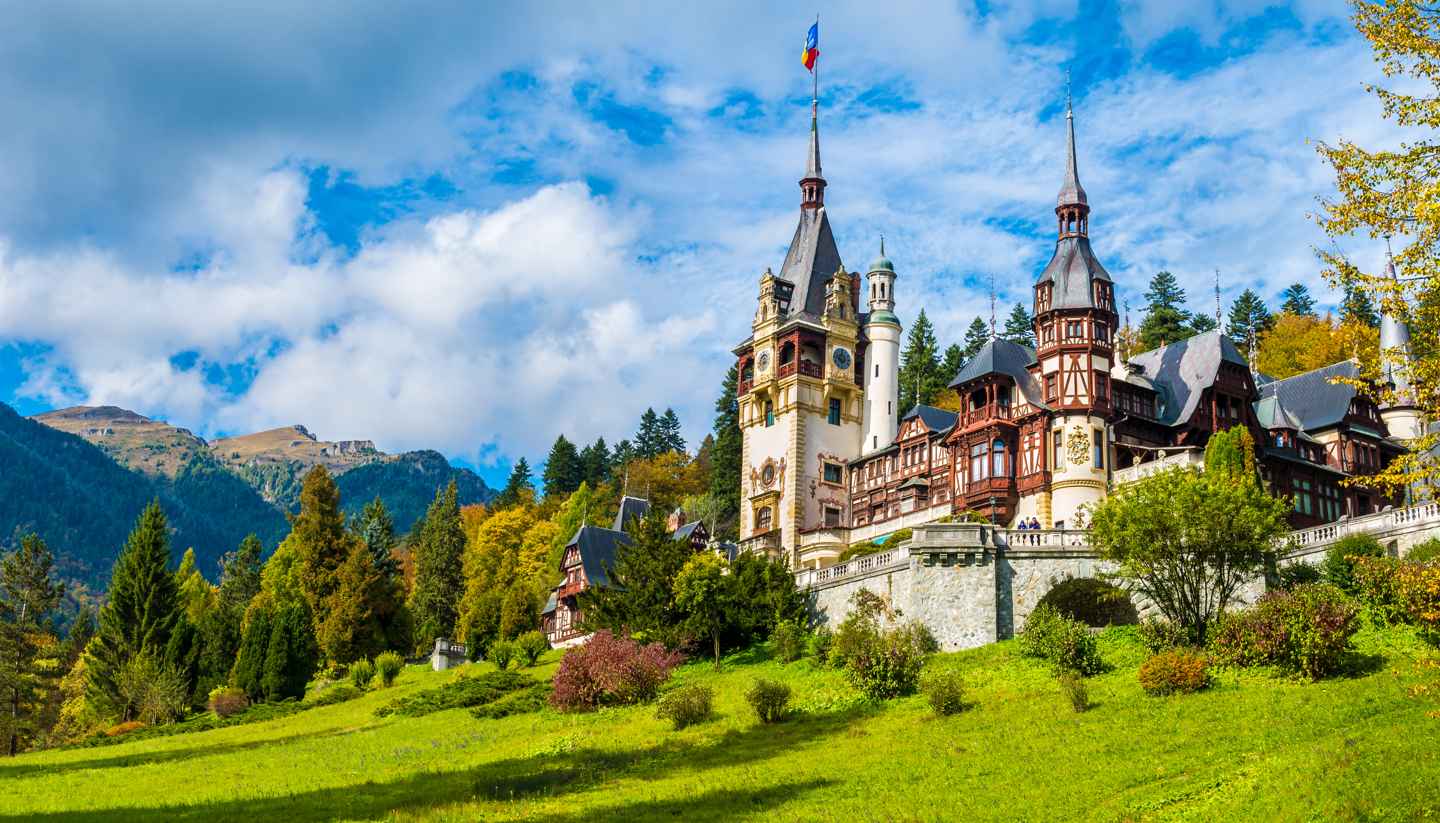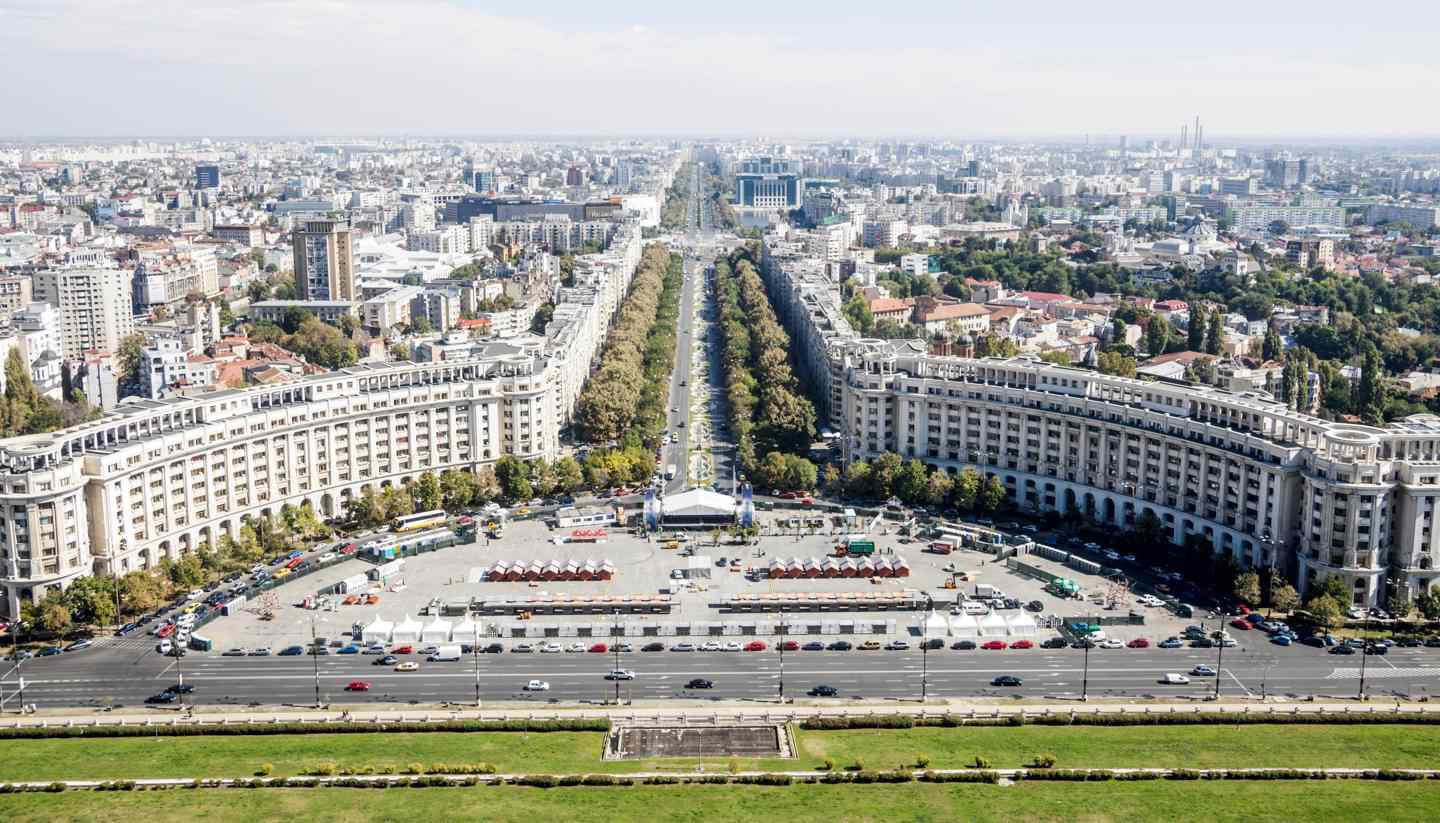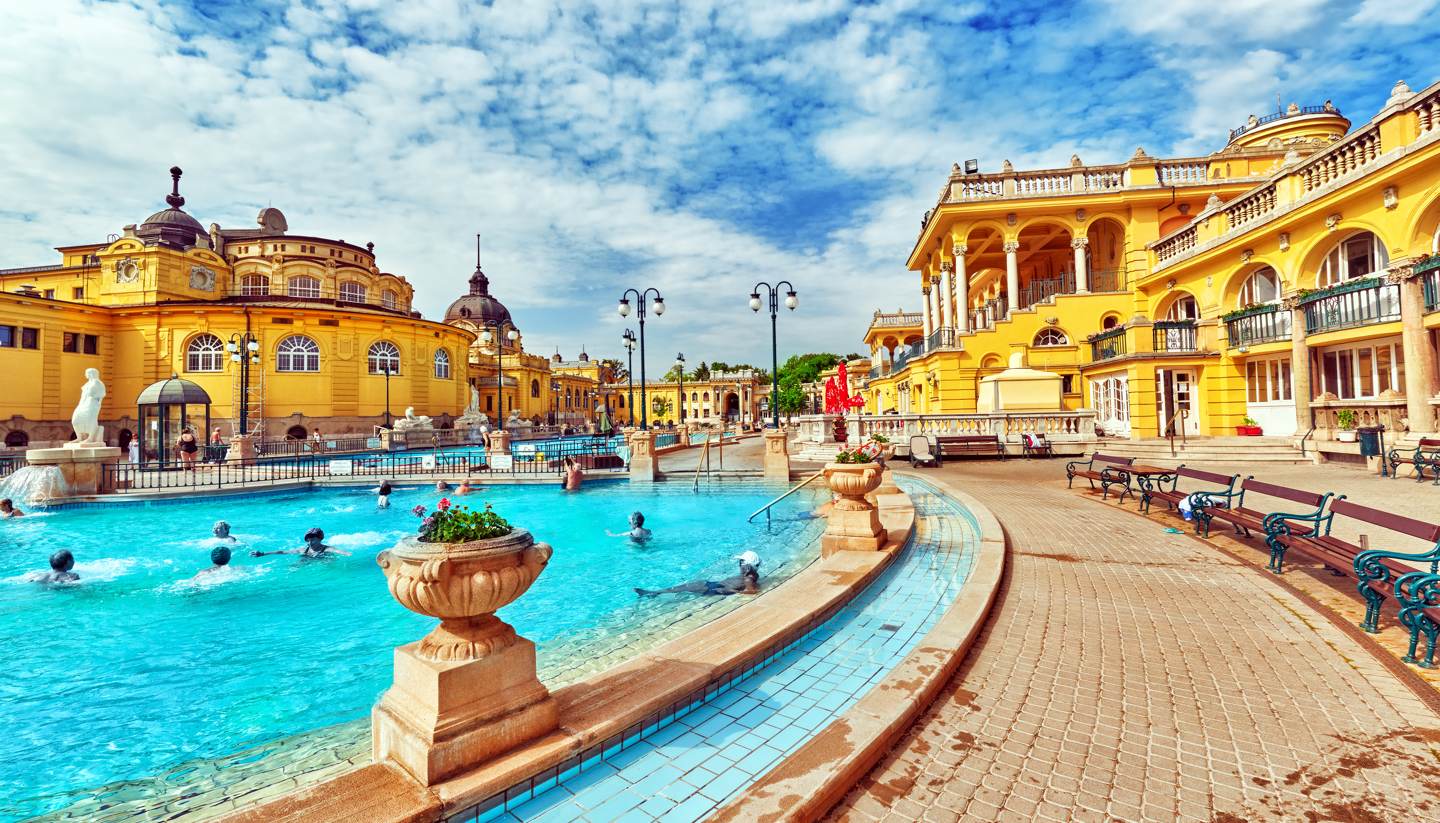Romania: Doing business and staying in touch
Doing Business in Romania
A suit is essential at all business meetings and only on very hot days are shirtsleeves acceptable. English, German and French are used in business circles. Appointments are necessary and punctuality expected. Business cards are widely used.
Romanians are sociable and love to talk, so mobile phones are a must for doing business in the city. People are extremely friendly and a surprising number speak excellent English, although the older generation may prefer French or German. However, Bucharest natives are also extremely formal, in the old European sense, and business visitors should respect this tradition, making appointments for meetings well in advance. Punctuality is important and suits are expected. On greeting it is customary to shake hands and business cards are often exchanged.
Business lunches may take two hours, with wine or beer the most popular tipple. Work colleagues may socialise together in the evening at a local bar, although this tends to take place more among those working in multinational companies. It is relatively uncommon for Romanians to invite foreign businesspeople to their homes. Should this occur, gifts such as flowers, chocolates or high quality Scotch will always be appreciated. Summer is not the best period for doing business as many companies go into hibernation. Easter and Christmas are also difficult, as companies and shops close down for an indefinite period.
Office Hours
Mon-Fri 0900-1700.
Economy
Since the 1989 revolution, successive governments have concentrated on turning Romania into a market economy. Progress has been difficult, hampered by a largely obsolete industrial base and a pattern of output unsuited to the country's needs. Nevertheless, Romania's economic growth rate was the highest in the EU until the financial crisis saw GDP fall by over 7% in 2009. Unemployment still plagues the country, but the unemployment rate has gradually crept down and now stands at around 7% (2012). GDP growth stood at 2.4% in 2011, and despite an IMF bailout loan Romania is considered to be on the road to economic recovery.
GDP
US$186.7 billion (2011).
Main exports
Textiles and footwear, metals and metal products, machinery and equipment, minerals and fuels, chemicals.
Main imports
Machinery and equipment, fuels and minerals, chemicals, agricultural products, textiles and textile products.
Main trading partners
Italy, Germany, Turkey, France and UK.
Keeping in Touch in Romania
Telephone
Public telephones are widely available and can be used for direct international calls; most require a calling card. Hotels often impose a high service charge for long-distance calls, but usually do not charge for local calls.
Mobile Phone
Roaming agreements exist with many international mobile phone companies. Coverage is good around Bucharest and Romania's other large towns but can be variable elsewhere – particularly in upland areas. Local mobile phone hire is available.
Internet
Wi-Fi is becoming increasingly common across the country and is ubiquitous in big cities. Failing that, internet cafés are fairly common in cities and most large towns.
Media
Romania's media are among the most lively in the region. The 1991 constitution upholds freedom of expression, but prohibits 'defamation of the country'. Private radio stations began to appear in 1990; over 100 of them now broadcast alongside state-run Radio Romania. A boom in the newspaper market followed the 1989 revolution, but many were later forced to close owing to rising costs. Daily papers include Adevarul, Libertatea, Evenimentul Zillei, Romania Libera and Jurnalul National, which has English-language pages. English newspapers and publications include Bucharest Business Week, Nine O'Clock and Vivid.able television is popular, with more than 75% of households now connected to multi-channel cable or satellite TV systems.
Post
The Romanian postal service is reliable but still rather slow, although a recent move to privatise the Romania National Post Office Company could transform this. Airmail to Western Europe takes one week.
Post Office hoursMon-Fri 0730-2000, Sat 0800-1400.




